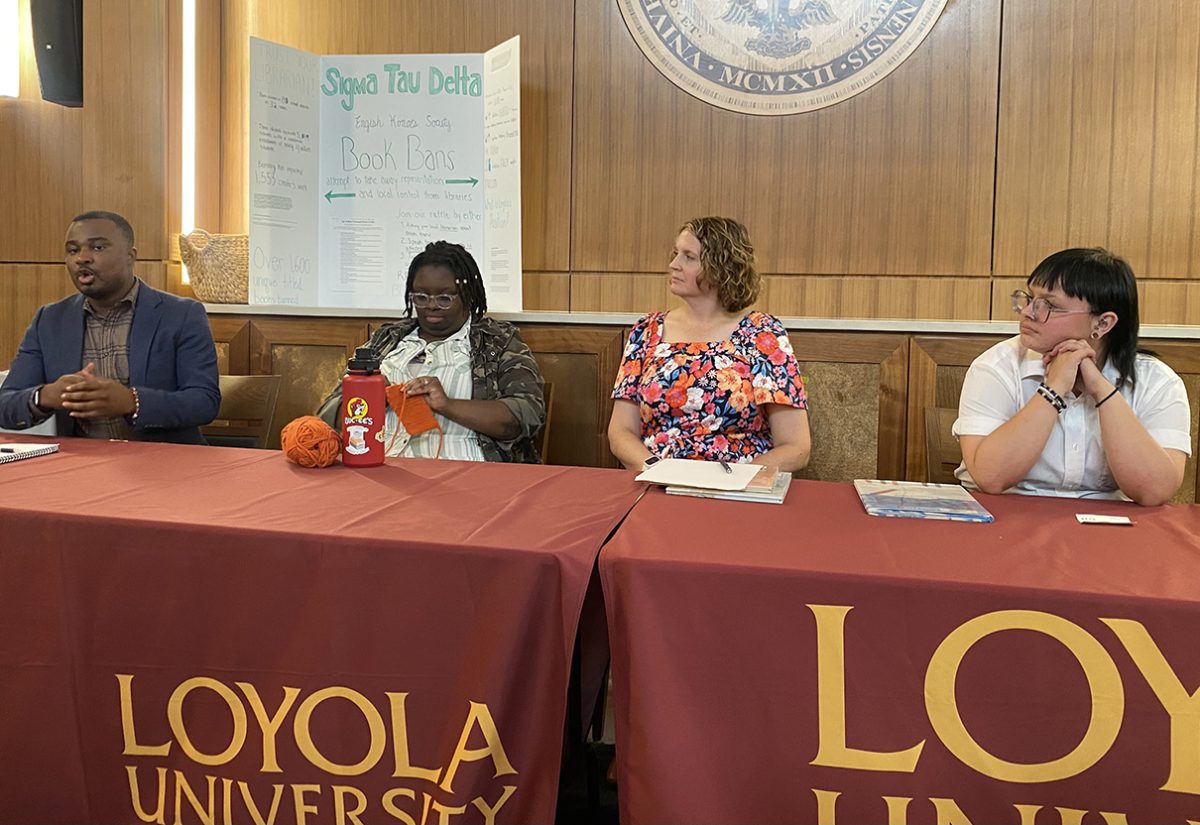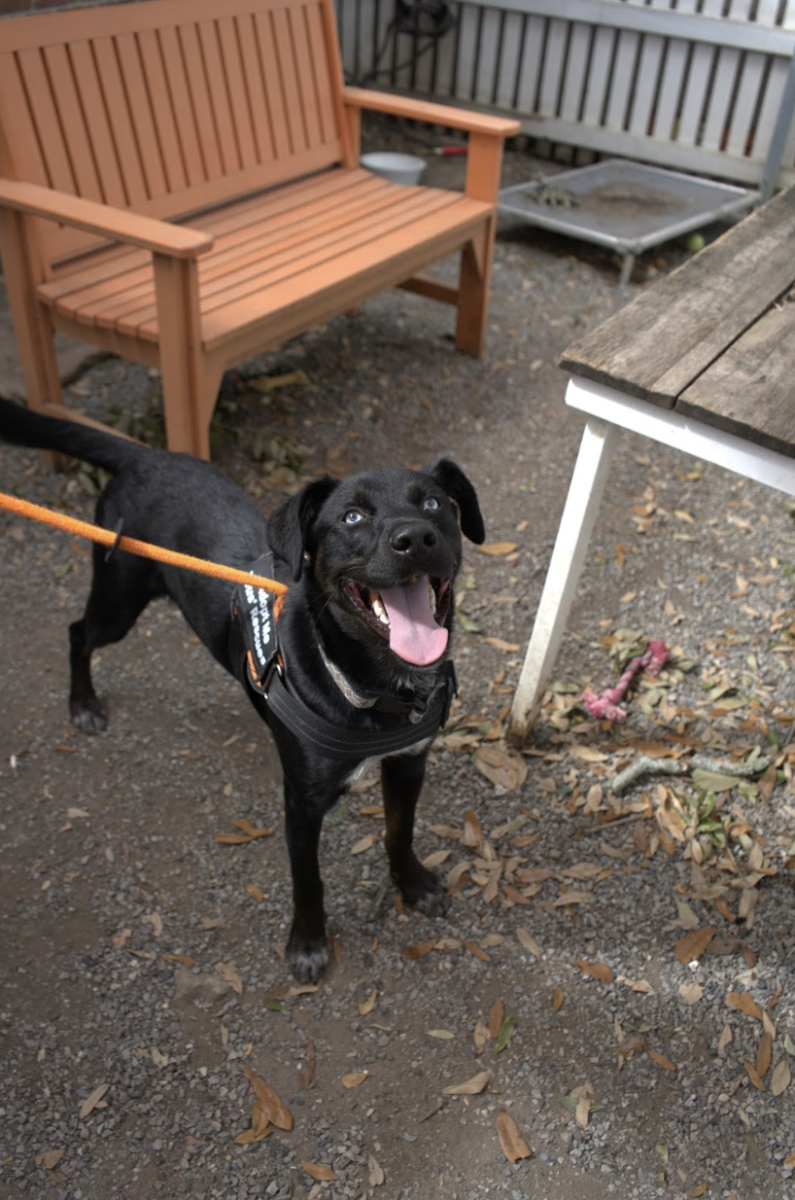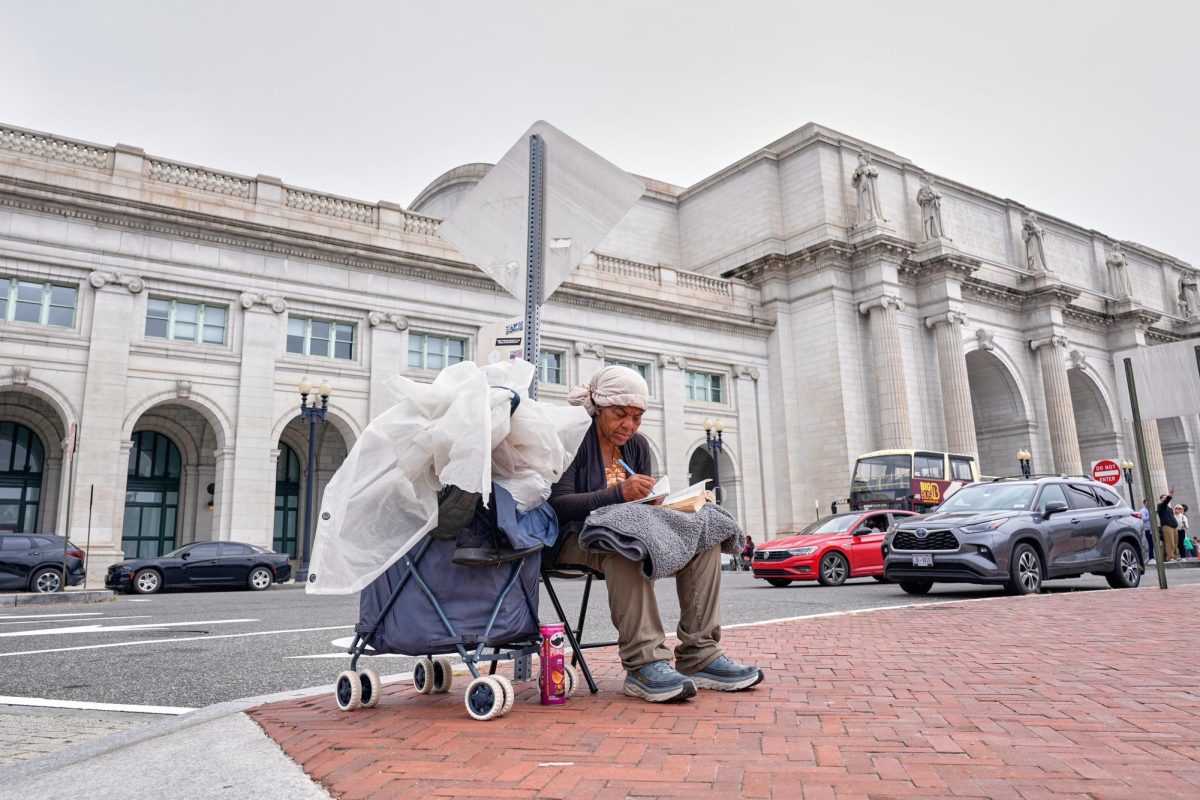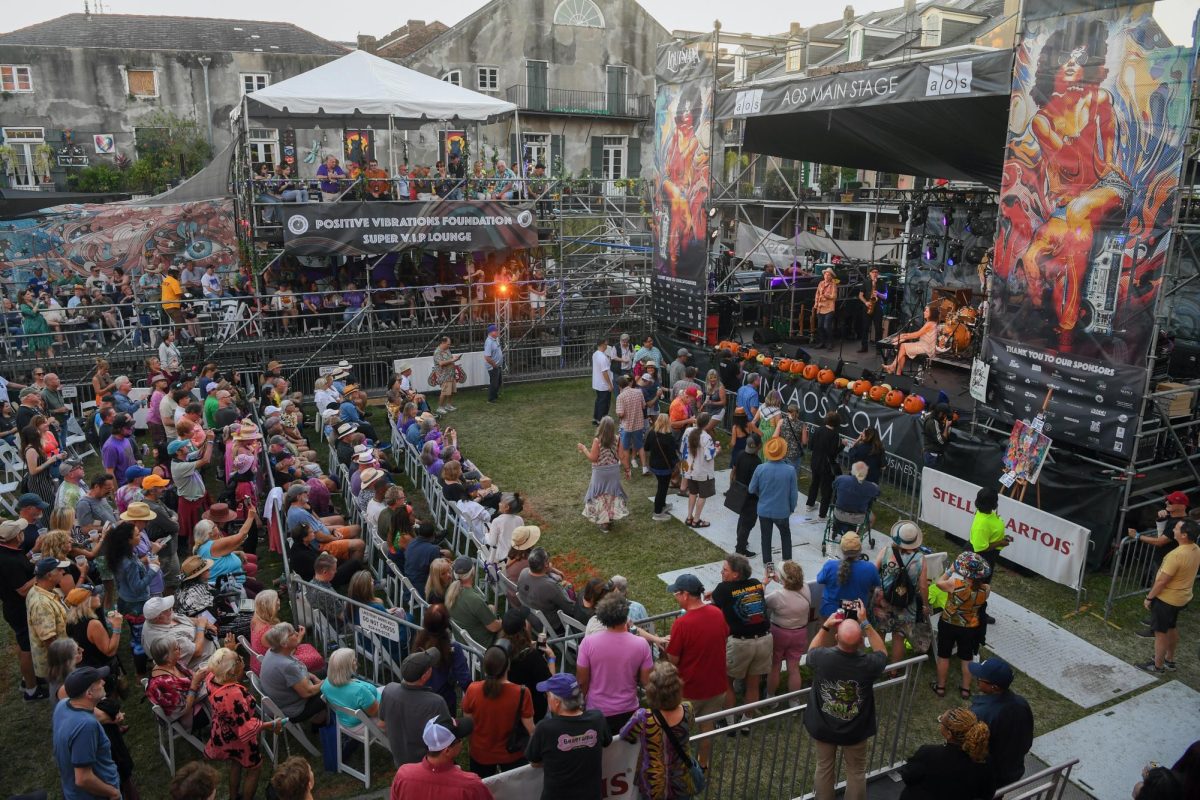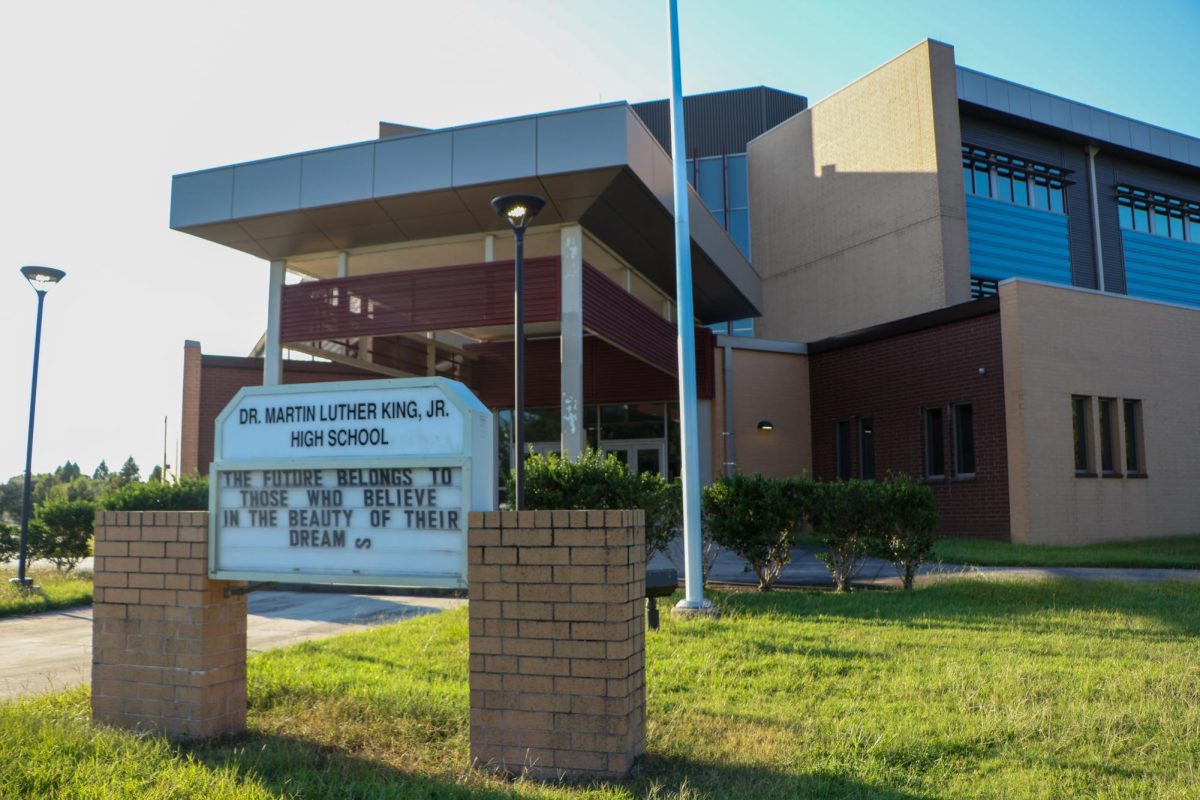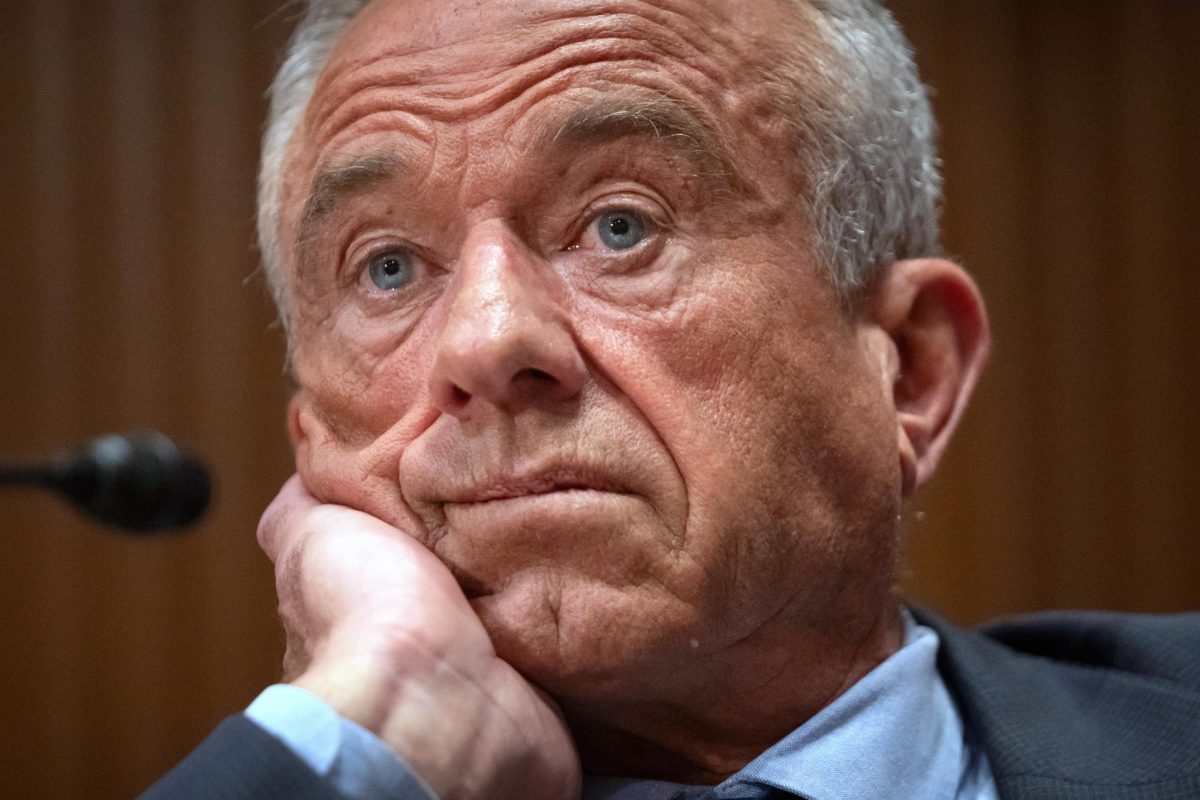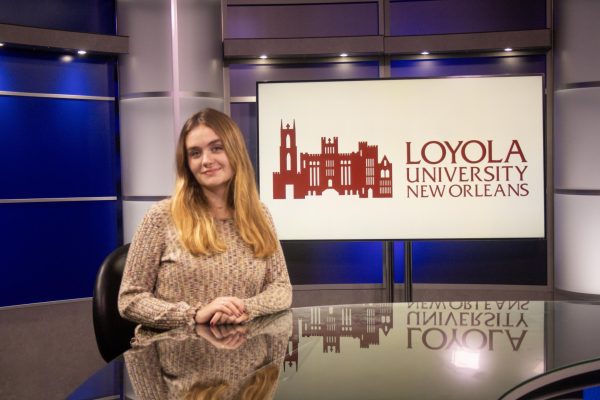In the landscape of literature, a surge of book challenges is impacting libraries, schools and families state and nationwide.
At Loyola, lecturer in teacher education Julia Miller organized a week of events in honor of Banned Books Week, with a Banning Books in Louisiana panel discussion occurring on Oct. 4.
This panel featured four speakers each introduced by Hutchinson Distinguished Professor, Faculty Advisory for English Honors Society, and Director of Composition at Loyola Sarah Allison, Loyola history major in the teaching certification program Blu DiMarco, Loyola alumna and a local elementary public school librarian Michelle Hallinan, Loyola outreach librarian Ariana Lonon, and Public Service Commissioner, Devante Lewis.
During the event, the four panelists focused largely on the process of challenging books, their personal experience with the topic and what current college students and community members can do to keep books on the shelves. Challenged books are those which have been attempted or under review for removal or restriction based on the objection of a person or group, while a ban is a total removal, according to the American Library Association.
A growing proportion of these challenged books “center on race, sexual orientation and gender, topping local libraries and mentor politics both at the level of parish and a political statement at the state legislature,” Allison said, who choked up while speaking on the subject.
“Through the first eight months of 2023, the ALA tracked 695 challenges to library materials and services, compared to 681 during the same time period last year,” stated by ABC News.
Many of the books that are challenged are those geared towards children and often discuss LGBTQ+ topics. One example, “And Tango Makes Three”, is a children’s picture book which includes a nontraditional family, where two male penguins were able to raise a young baby with help from a zookeeper. “And Tango Makes Three”, has been one of the nation’s most banned books since its publication in 2005, according to the ALA.
The panelists discussed how taking away books or quieting topics that discuss gender, sexuality and race in education retains hatred towards marginalized communities, and keeps children ignorant towards experiences their friends, families or even themselves, are enduring.
Currently, in Louisiana’s education standards, the civic section of history contains the only mention of the LGBTQ+ community, and it is in reference to the AIDS and HIV epidemic.
“That can’t be it. If we continue to take away the books, if we continue to take away the education all kids are going to know about is about me dying so many people just like dying,a’ DiMarco said, a member of the LGBTQ+ community.
This idea of inclusion is elaborated on when focus is centered on “who tells the story”, according to Lewis.
“The story traditionally has come from a cisgender white male heterosexual perspective. Those are the CEOs at the book manufacturing companies. They are the publishers. They are the editors at the newspapers. And so when you think about this moment, it’s a reflection about how often we have left those spots untapped and untouched,” said Lewis.
Hallinan and Lonon comment on the importance of working with parents to deem appropriate books for their children.
“We trust parents to know what’s best for their children. And there will be parents who want to read Julian is a mermaid to their little kid whose older cousin may be trans[gender] and going through those experiences,” Lonon said.
“Passion without action is a wasted emotion,” said Lewis.
When it comes to getting involved, all panelists stressed the importance of voting and including oneself in organizations and advocacy, which are often seen as the “middle ground” between people and larger organizations/government.
“Advocating for yourself and just being true to yourself as a student, but I also think, working with outside organizations, and I think attempting to mobilize students outside of the institution or whatever school it may be can be really helpful,” Dimarco said. “I want kids to feel safe and the way that we do that is by having this educational material.”


